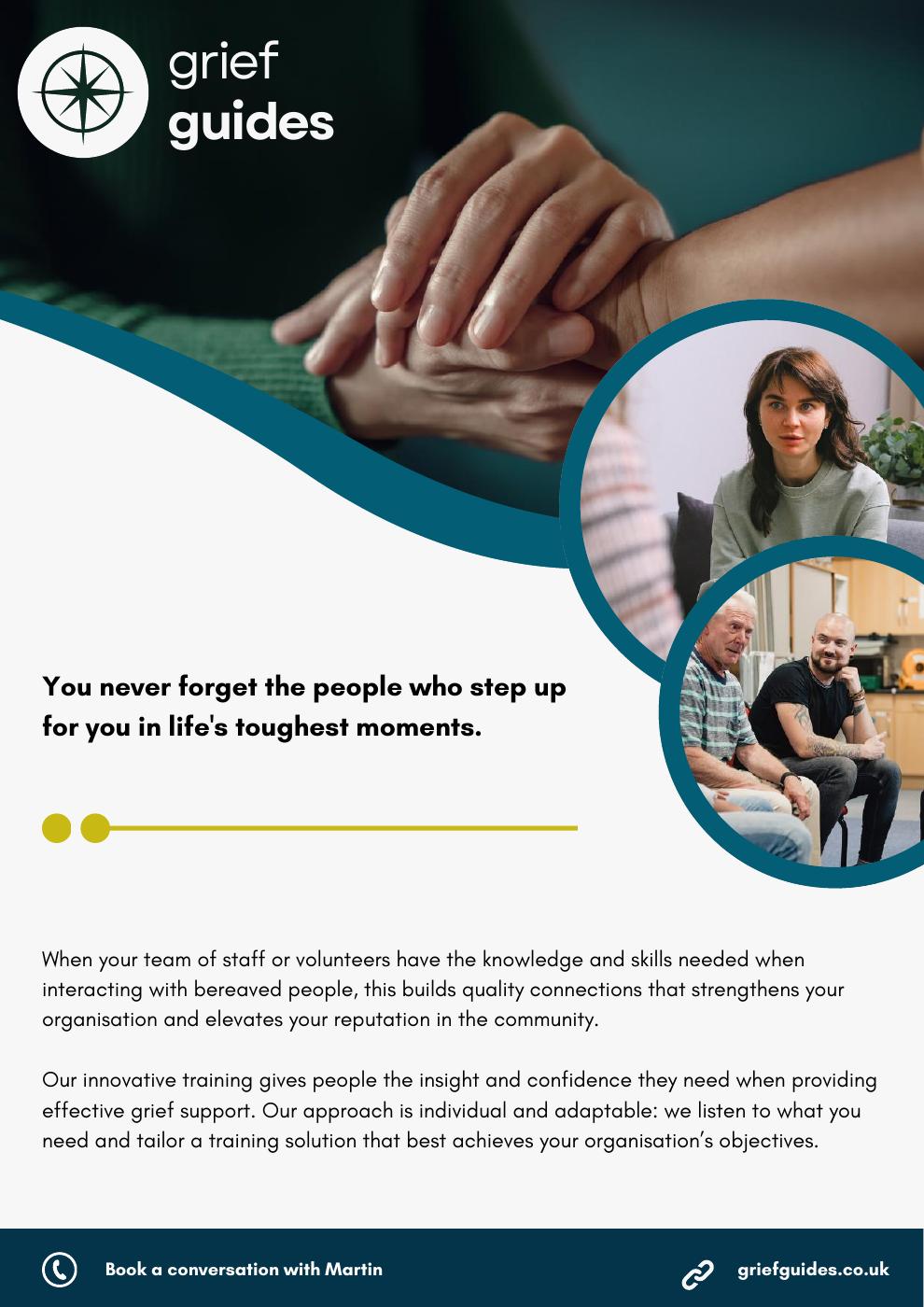
We ran our second webinar on the Neurodivergent Experience of Grief & Loss today — this is a content-packed session (without charge), no breakout rooms, no icebreakers, just a place to listen, reflect, and maybe go “…oh. That explains a lot.”
A lot of people joined not for themselves, but because they support someone who’s neurodivergent and grieving — and they want to understand what’s really going on beneath the surface.
Because here’s the thing: grief doesn’t always show up with tears and sadness. Sometimes it looks like shutdown, rage, awkward jokes, or organising your bookshelf by colour at 2am.
Grief often doesn't look like what we expect (especially if our knowledge of grief has come via media). Neurodivergent grief can feel even more twisty-turny. It can be delayed, masked, or show up in ways that don’t seem like grief at all. And that can leave even the most compassionate supporters feeling lost.
So if you missed today's session, get your diary out, because we're running it again.
Same topic. Same pace (we have a lot we want you to take away). No group tasks, no sharing required — just a chance to understand neurodivergent grief a bit better, so you can show up with more empathy (and less second-guessing). Click here to book your spot.
If you want a more interactive opportunity to talk grief - perhaps you came along today and left with a burning question - stop by one of our drop-in sessions, the first one is Thursday July 10th at 6.30pm.
A lot of people joined not for themselves, but because they support someone who’s neurodivergent and grieving — and they want to understand what’s really going on beneath the surface.
Because here’s the thing: grief doesn’t always show up with tears and sadness. Sometimes it looks like shutdown, rage, awkward jokes, or organising your bookshelf by colour at 2am.
Grief often doesn't look like what we expect (especially if our knowledge of grief has come via media). Neurodivergent grief can feel even more twisty-turny. It can be delayed, masked, or show up in ways that don’t seem like grief at all. And that can leave even the most compassionate supporters feeling lost.
So if you missed today's session, get your diary out, because we're running it again.
Same topic. Same pace (we have a lot we want you to take away). No group tasks, no sharing required — just a chance to understand neurodivergent grief a bit better, so you can show up with more empathy (and less second-guessing). Click here to book your spot.
If you want a more interactive opportunity to talk grief - perhaps you came along today and left with a burning question - stop by one of our drop-in sessions, the first one is Thursday July 10th at 6.30pm.



